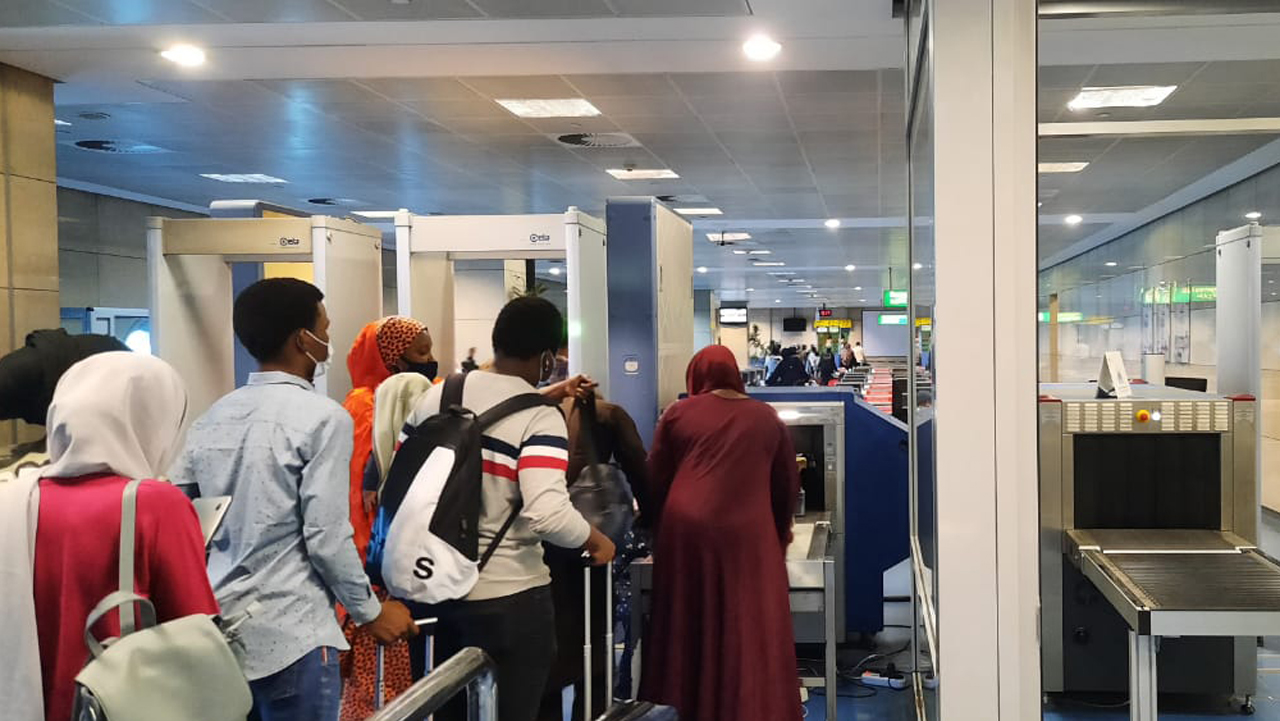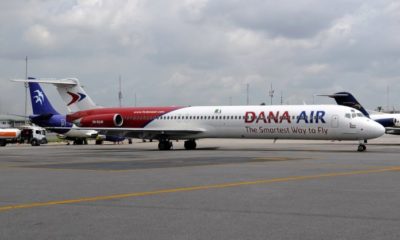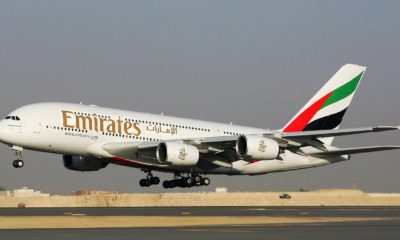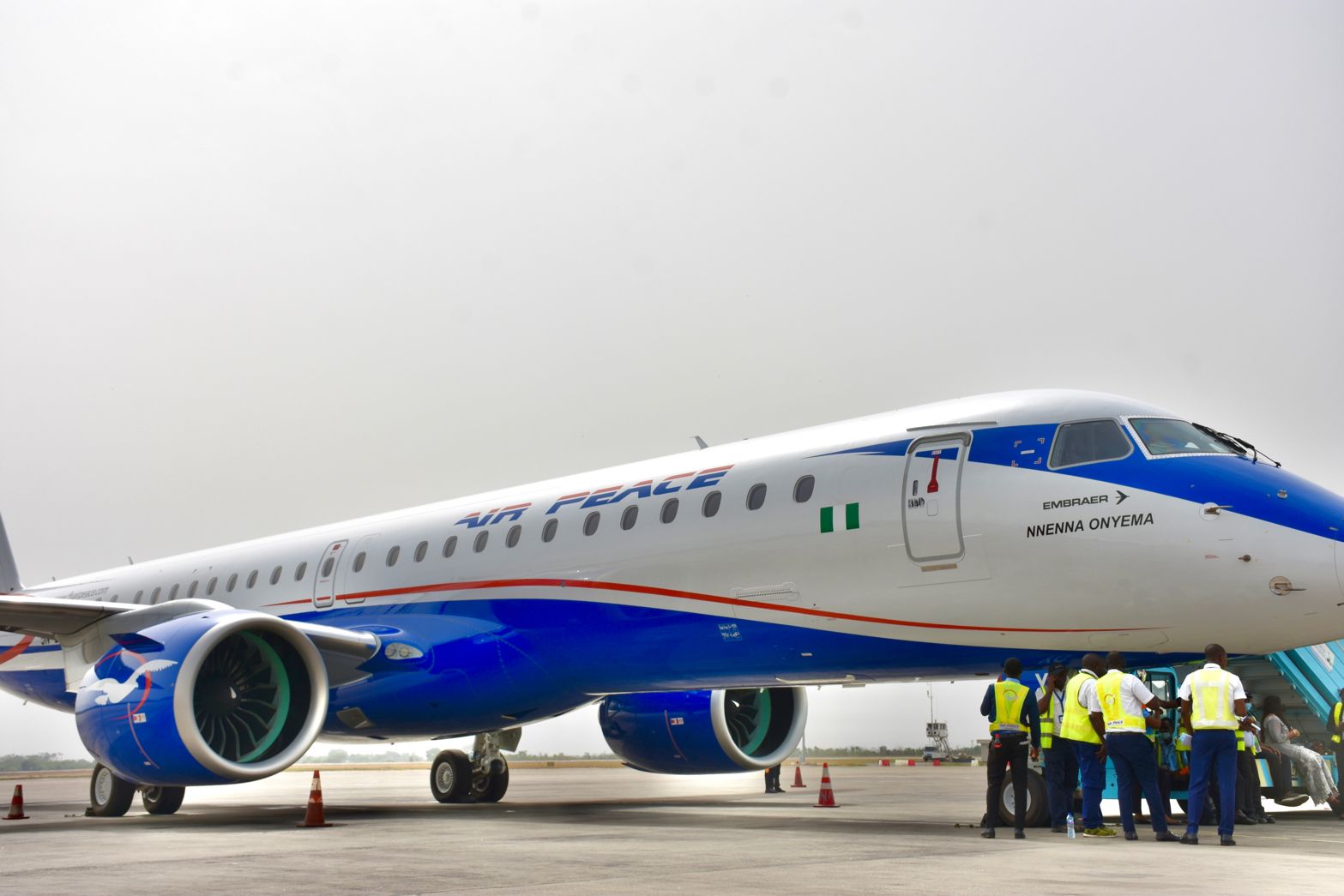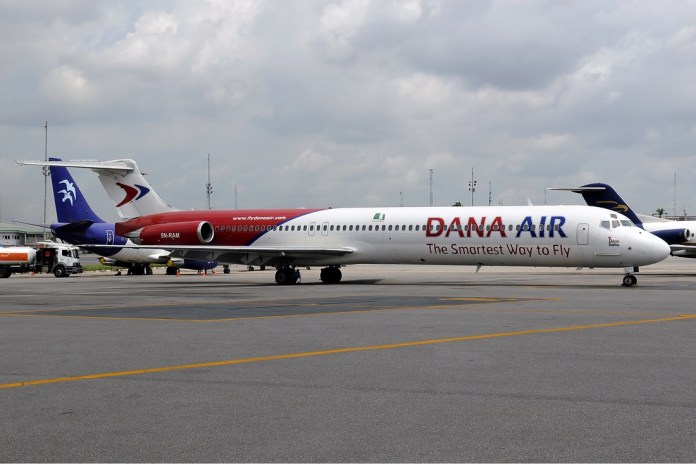Several Nigerian residents in Egypt have lamented the high cost of registration for their businesses in the North African country.
Airing their woes, the Nigerian community disclosed that many of them could not afford the mandatory $35,000 (N19.2 million) deposit demanded of foreign businesses. They lamented how they have been subjected to regular harassment from the Egyptian security officials, who label their livelihoods as illegal due to non-payment of the fees.
The community made this disclosure at a meeting organised by Nigeria’s Ambassador to Egypt, Nura Rimi, who hosted Alhaji Lai Mohammed, Minister of Information and Culture, and the Minister of Women Affairs and Social Development, Paulen Talen, in Cairo.
Addressing the ministers, the Nigerians also complained of language barrier, bemoaning how the official language for teaching in schools in Egypt is Arabic. According to them, the few private schools run by the British and Americans who teach in English required exorbitant tuition.
They appealed for the construction of a registered Nigerian school in Cairo, stating that about 7,000 Nigerian children in Egypt were out of school.
On the $35,000 deposit payment for business registration, Information Minister, Mohammed described the condition as unacceptable. According to him, such a condition negates the unity that bound African countries together. He also expressed sympathy on the situation faced by Nigerian children in Egypt.
The Minister further advised the Nigerian community in Egypt to disregard most negative reports about Nigeria, especially those in the social media, which he tagged as ‘fake’.
Stating that Nigeria is at peace, Lai Mohammed said, “There is no country without its challenges, we are facing our own just like Egypt did some years back and they are out of it now.
“In Nigeria, we have the challenge of banditry, Boko Haram, and militants but that does not mean that Nigeria is at war.”
The Minister noted that the country has however made tremendous developmental progress in infrastructure development, agriculture, aviation and other fields of endeavour.
“Unfortunately, the noise of the mischief makers have drowned the laudable success of the administration.”
Mohammed assured the Nigerians that the problems in the country “has nothing to do with religion or ethnicity.”
Nigeria, he added was recording tremendous achievements in many areas, in spite of security and economic challenges his principal, President Muhammadu Buhari’s and the administration were facing.
Mohammed with delight, listed a few developmental projects achieved by the administration in roads, bridges, rail infrastructure as well as in agriculture, particularly self-sufficiency in rice. He also noted that the second Niger bridge had reached 78 percent completion.
The meeting held with the Nigerian Ambassador to Egypt was on the sideline of a bilateral discussion with Africa Export-Import Bank, Afreximbank, on how Nigeria can access funding to support its growing creative industry.

 Forex3 weeks ago
Forex3 weeks ago
 Naira3 weeks ago
Naira3 weeks ago
 Billionaire Watch2 weeks ago
Billionaire Watch2 weeks ago


 Naira3 weeks ago
Naira3 weeks ago




 Naira2 weeks ago
Naira2 weeks ago




 Naira1 week ago
Naira1 week ago




 Naira4 weeks ago
Naira4 weeks ago
 Banking Sector4 weeks ago
Banking Sector4 weeks ago
